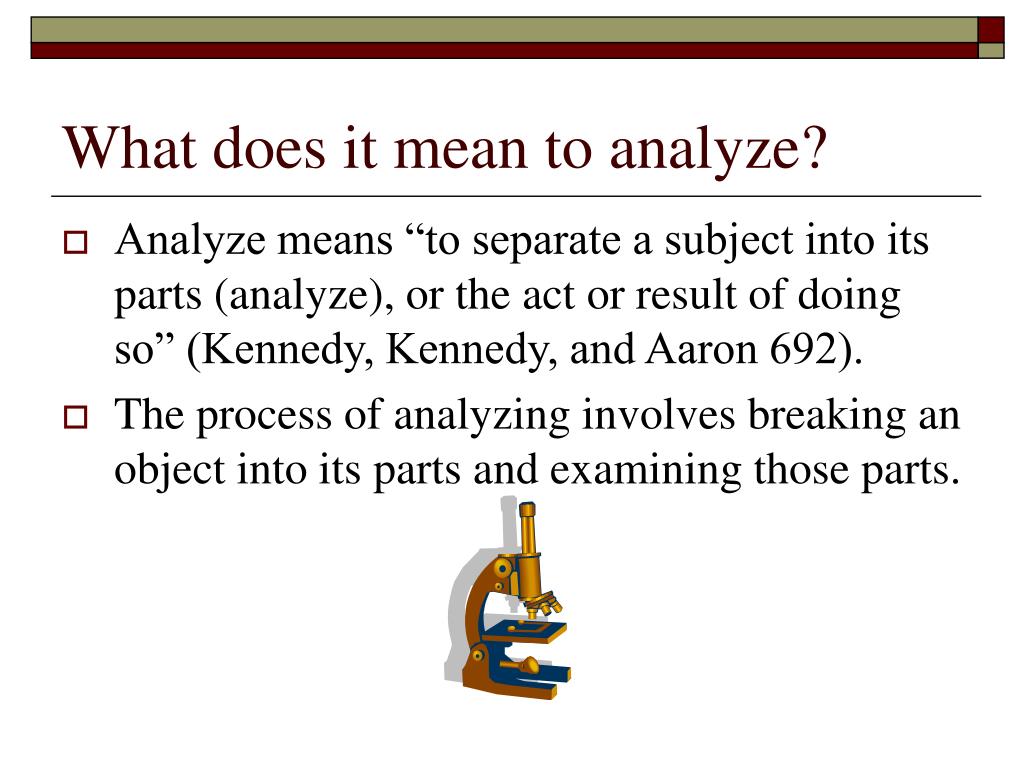

Tu, achieved only a modest reputation in the West.

The distillation of a lifetime of teaching, study and contemplation, the Analects represent an attempt to preserve Confucius's teachings about man's proper relation to himself, his community, the state and the natural world.ĭespite its place as a cornerstone of Chinese social thought, the Analects, said Mr. Tu, said, are not considered one of the five great ancient Chinese classics, which Confucius himself studied and transmitted. Confucius (K'ung Fu Tzu) lived from 551 to 479 B.C. If so, the Chinese social organization has held together more human beings for a longer period of time than any other known to history. Scholars believe that China has had a continuous culture for some 7,000 years. The second, a standard 19th century English translation by Oxford orientalist James Legge, suffers from acidification. The first, "A Complete Collection of the Four Books and the Five Classics," a rare printing that dates to the Yung-lo Period of the Ming Dynasty (1403-1424), is in near pristine condition. Gifford also directed the audience's attention to two editions of the Analects supplied by the Asian Division for display. Tu, noting that his address was the first in this year's Bradley series, a program devoted to the critique of important texts of political and social thought, to focus on "a work created outside the Atlantic world." Mr. Director of Scholarly Programs Prosser Gifford introduced Mr. 26 to a capacity audience in the Library's Montpelier Room. Tu presented his lecture, "Personal Knowledge, Moral Community and Spiritual Transformation: Reading the Confucian Analects, on Feb. Recorded after Confucius's death, misunderstood and maligned in the West, and denounced during the Cultural Revolution, the Confucian Analects, Professor Tu argued, nevertheless reflect a coherent, humanistic philosophy unrivaled for its sustained influence on a large number of people.

Historian, philosopher and educator Tu Wei-Ming analyzed one of the world's oldest works of social thought, the Analects of Confucius, in the Bradley Lecture series.


 0 kommentar(er)
0 kommentar(er)
